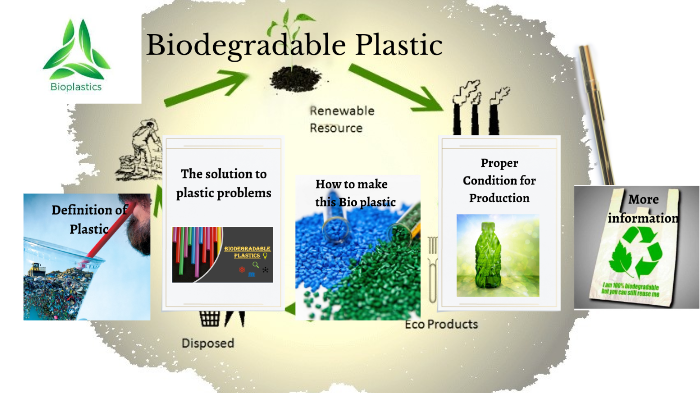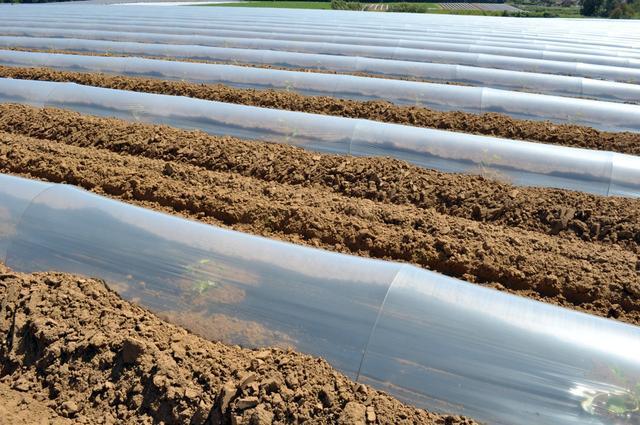Biodegradable materials in everyday consumer products
Applications in food, skin care, express delivery and other packaging industries
Biodegradable materials PLA (polylactic acid) and PBAT (polybutylene terephthalate) can be used in daily consumer products. In the upstream, domestic companies such as Jinfa Technology and Jindan Technology already have or expect to have PLA/PBAT production capacity in the future. Biodegradable plastics can be used in food packaging (food bags, supermarket shopping bags, fast food tableware), express packaging (plastic packaging bags, plastic tapes, disposable plastic woven bags), cosmetics/skin care packaging and many other daily consumption fields.

Application of biodegradable materials in agricultural field
Agricultural residual films lead to pollution and yield reduction, biodegradable materials become the future alternative option
As an important production material in facility agriculture, agricultural plastic film plays an important role in promoting agricultural production and income. Studies have shown that the use of agricultural films can increase crop productivity by 20% to 50%. The use of agricultural film in China is huge and increasing year by year, with annual use increasing nearly fourfold over the past 20 years, from 642,000 tons in 1991 to 2,528,000 tons in 2017. The long-term use of agricultural film in large quantities and the lack of effective recycling has led to an increase in "white pollution". Due to the positive externalities and public goods nature of environmental protection, there is little incentive for the agricultural sector to invest proactively. However, the use of agricultural film not only poses environmental problems, but also affects economic efficiency. According to statistics, wheat fields with more than 2 years of continuous film use have a residual film debris of 103.5kg per hectare, which reduces wheat yield by about 9%, and wheat fields with 5 years of continuous film use have a residual film debris of 375kg per hectare, which reduces wheat yield by 26%. The final degradation products of biodegradable agricultural film are carbon dioxide and water, which can control agricultural film pollution at the source and protect crop yield, so it can balance environmental protection and economic benefits, and has good application prospects.




 Deutsch
Deutsch русский
русский español
español العربية
العربية 日本語
日本語 한국의
한국의



 SUPPORT 24/7
SUPPORT 24/7 BUSINESS QUIRY
BUSINESS QUIRY Our ADDRESS
Our ADDRESS  Leave A Message
Leave A Message
 IPv6 network supported
IPv6 network supported





